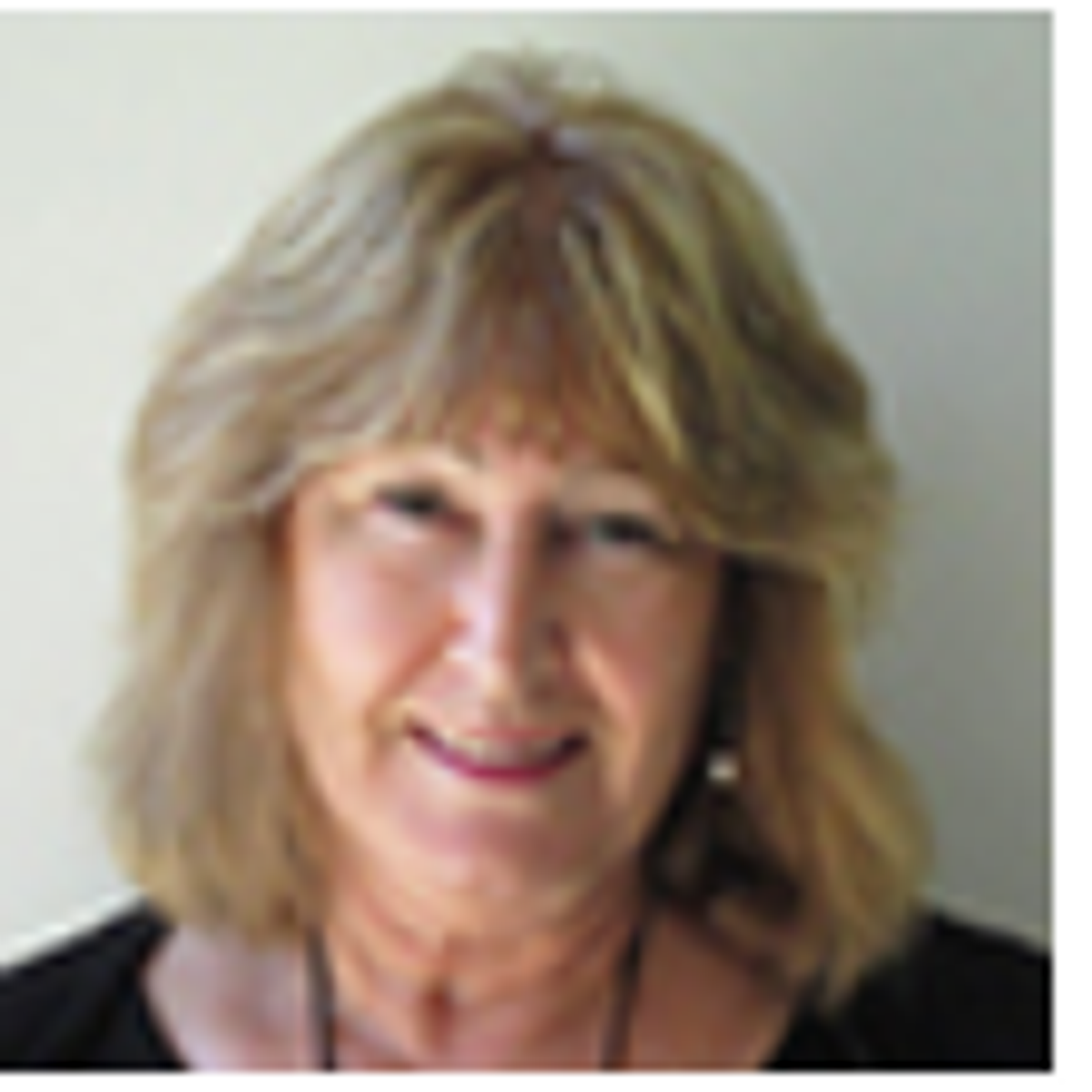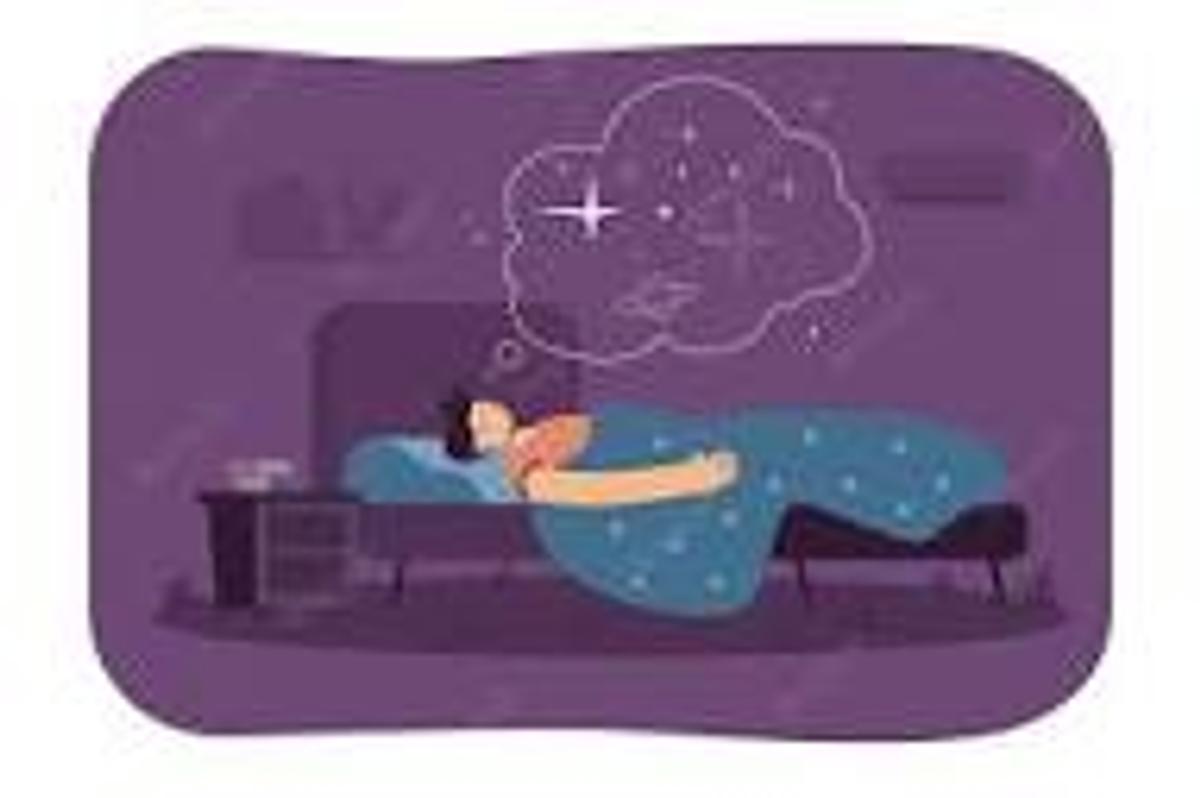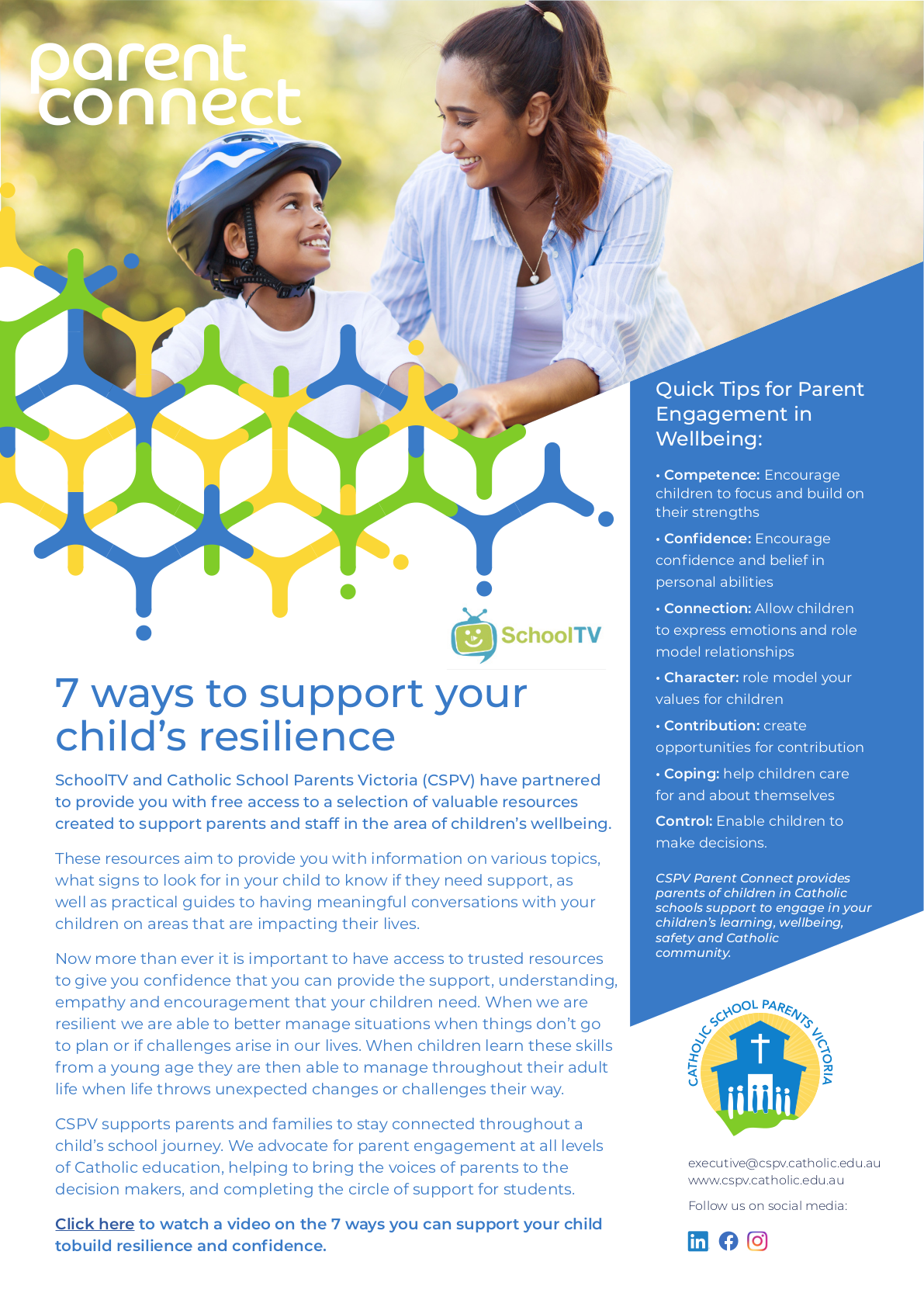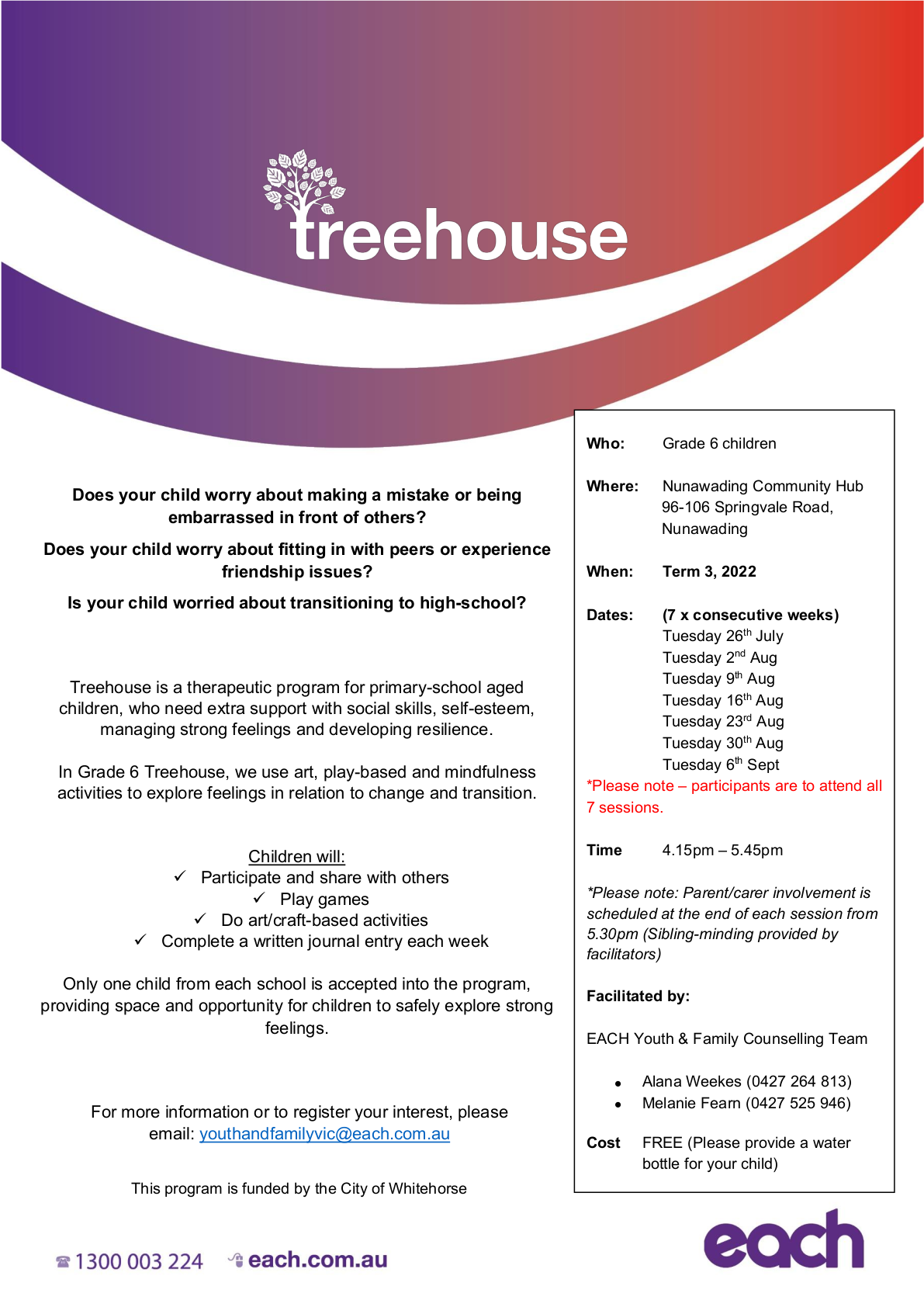Wellbeing
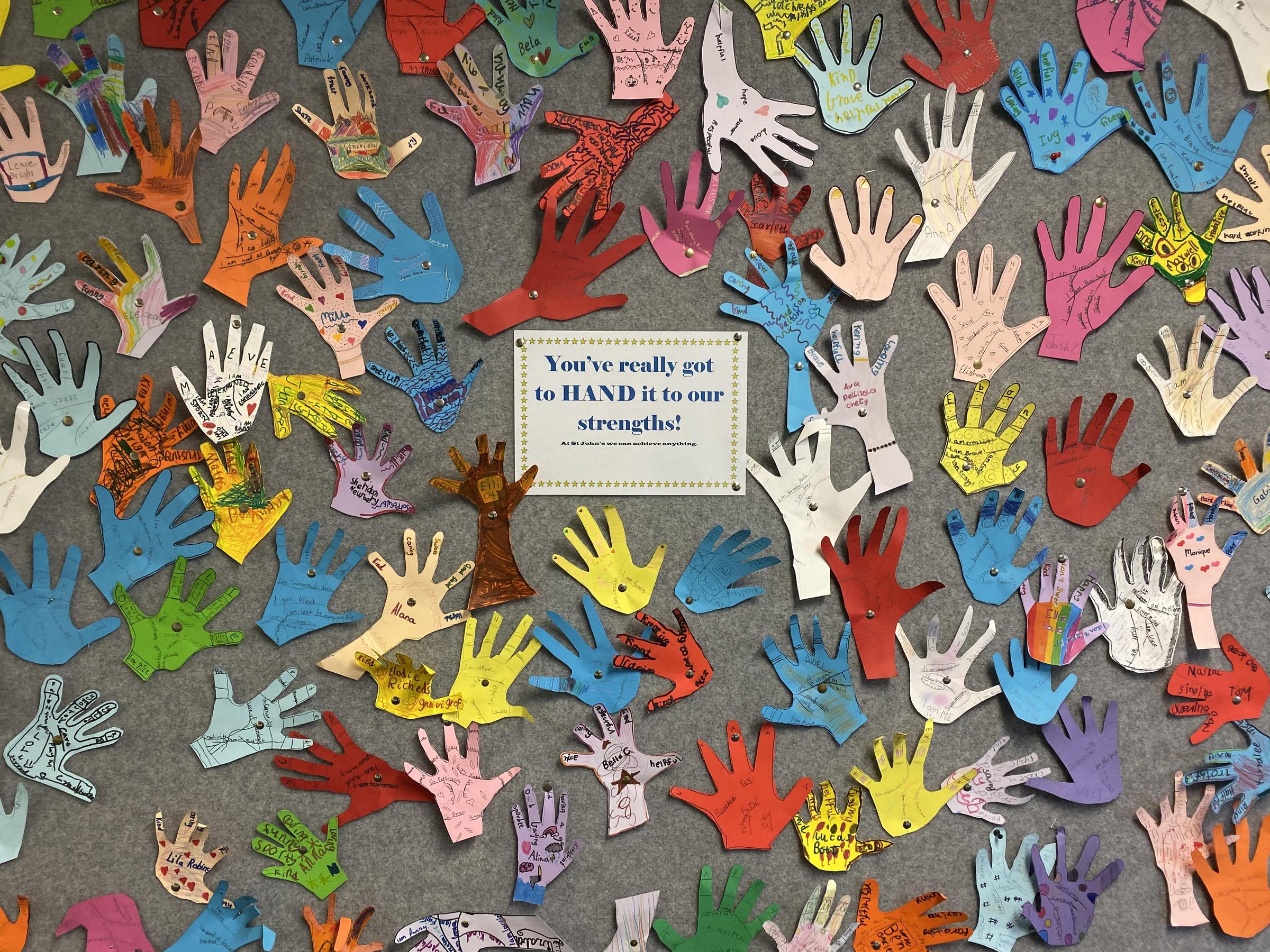
Patrice Wiseman - Behaviour Consultant Parent Evening - 31 August
Dear Parents and Guardians,
We would like to invite you to an information evening which is open to all parents and guardians.
Student wellbeing and engagement has been highlighted as a priority for our students, as is with many other schools, particularly after two years of ‘lockdown’ and learning from home due to COVID. Our students and staff have done extremely well returning and settling back into school and assisting our students with the routines and expectations required to help them maximise their learning. However, consistency and clear expectations have been needed more now than ever.
We are confident that Patrice's message would be helpful to our parent community as we know that when parents and teachers work together, our students are the ones who benefit most. This is no different to when we deal with behaviour as we do with the academic side and learning.
We would encourage you to attend this seminar where Patrice will facilitate a face to face parent session with information around the function of behaviour, consistent language and strategies when dealing with behaviour.
Patrice has been in education for over 50 years, teaching in mainstream schools, as well as in a specialised setting for students who exhibited challenging behaviour due to social/emotional difficulties. She has operated as a behaviour consultant for over 25 years, providing these services to schools all over the Melbourne Archdiocese. Her passion is assisting teachers and parents to build their skills in managing behaviour, in order to support all students to successfully engage in learning and build resilience.
We welcome Patrice to our school and sincerely hope that you can attend this FREE event.
When: Wednesday, 31 August, 2022 at 7pm
Where: STEM Room at St John’s Primary School
Please let Melinda know if you are able to attend by emailing her on mbuscema@sjmitcham.catholic.edu.au by Friday 26 August, 2022.
Are your children getting enough sleep?
Many young Australians have been reporting having poor sleep and unfortunately the same seems to be true for some students at St John's. The article below was written for children and outlines the importance of sleep as well as tips for improving current habits. You may like to discuss this with your child if they are overly tired or complaining about poor quality sleep. The full artcile can be found here: LINK
COVID — 19 impacts include poorer sleep for our younger generations
Patrick Tadros, March 17, 2021 7:00PM News Corp Australia Network
Young generations of Australians have reported poorer sleep quality during COVID-19, says Sleep Health Foundation chair Professor Shantha Rajaratnam.
“In 2020, we saw young people (18-35 years) were disproportionately affected in terms of adverse mental health and sleep symptoms,” he said. “Factors such as increased stress and loneliness impact sleep (and) may cause symptoms of insomnia, which causes psychological distress and impaired daytime functioning.”
Blackmores research shows that 78 per cent of Gen Z and Millennials say stress often affects the quality of their sleep. Elizabeth Bisset, 32, reached out to sleep scientist Dr Carmel Harrington when her sleep suffered once the pandemic began.
“I began logging my night-time routine and sleep in a journal so (Dr Harrington) could assess my sleep pattern and behaviours,” Bisset said. “My new wind-down routines include switching off all technology one hour before bed and a hot shower followed by relaxation exercises such as deep breathing, meditation or yoga. “I would encourage anyone struggling with their sleep quality to not leave it untreated. I experienced first-hand just how important a good night’s sleep is to my health.”
Dr Harrington said small habits often add to common sleep problems, such as eating or exercising before bed or taking your phone to bed. She says small changes can help young Australians sleep better. “If you live in a noisy area, try earplugs or (something like) a fan, which will reduce your sense of ambient noise,” she said. “Bedside lamps with a red hue are best and use blockout blinds to reduce external light.” Essential oils may also help and good nutrition and exercise have been proven to improve sleep quality.
Blackmores research also says that 65 per cent of Australians have invested in products to try and get better sleep, the most common being new bedding and a special pillow. Sleep Awareness Week runs March 14-20. The Sleep Health Foundation website offers tips for getting a good rest, including removing clocks from the bedroom.
Good eating can also mean healthy sleeping. Nutritionist Kathleen Alleume shared her tips for breakfast foods and ingredients that may help ease restlessness at night. Go for fibrous carbohydrates like rolled oats or wholegrain breads, or if you’re on the go, a fibre-rich breakfast bake plus a piece of fruit and glass of water. All nuts, especially almonds, are rich in magnesium and may help keep muscles from getting tired and aching. Nuts may also help stabilise blood sugar levels to avoid energy crashes during the day. Bananas provide a natural source of potassium – an important mineral which helps everyday functioning of the nervous system. Poaching or scrambling eggs at breakfast delivers a healthy hit of protein and the amino acid tryptophan, which tends to increase serotonin levels. Finally, natural yoghurt contains probiotics that can help fix the balance between good versus bad bacteria – good for sleep and it tastes great too.

